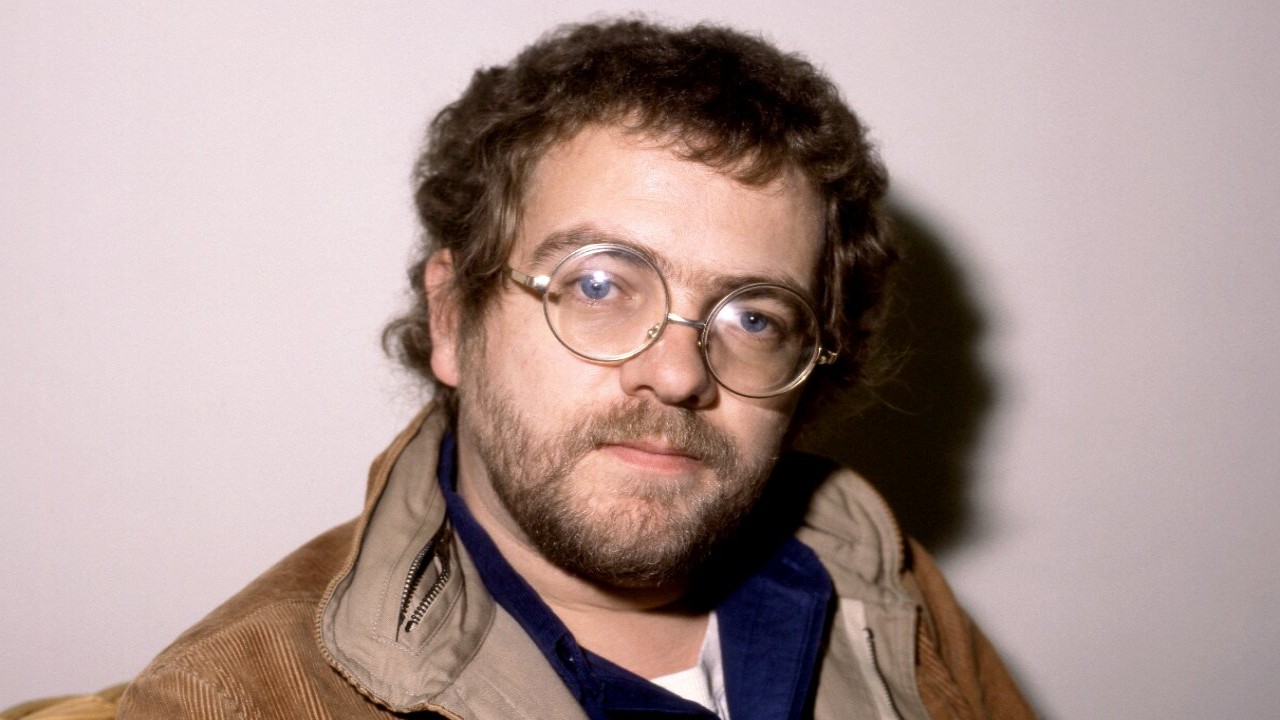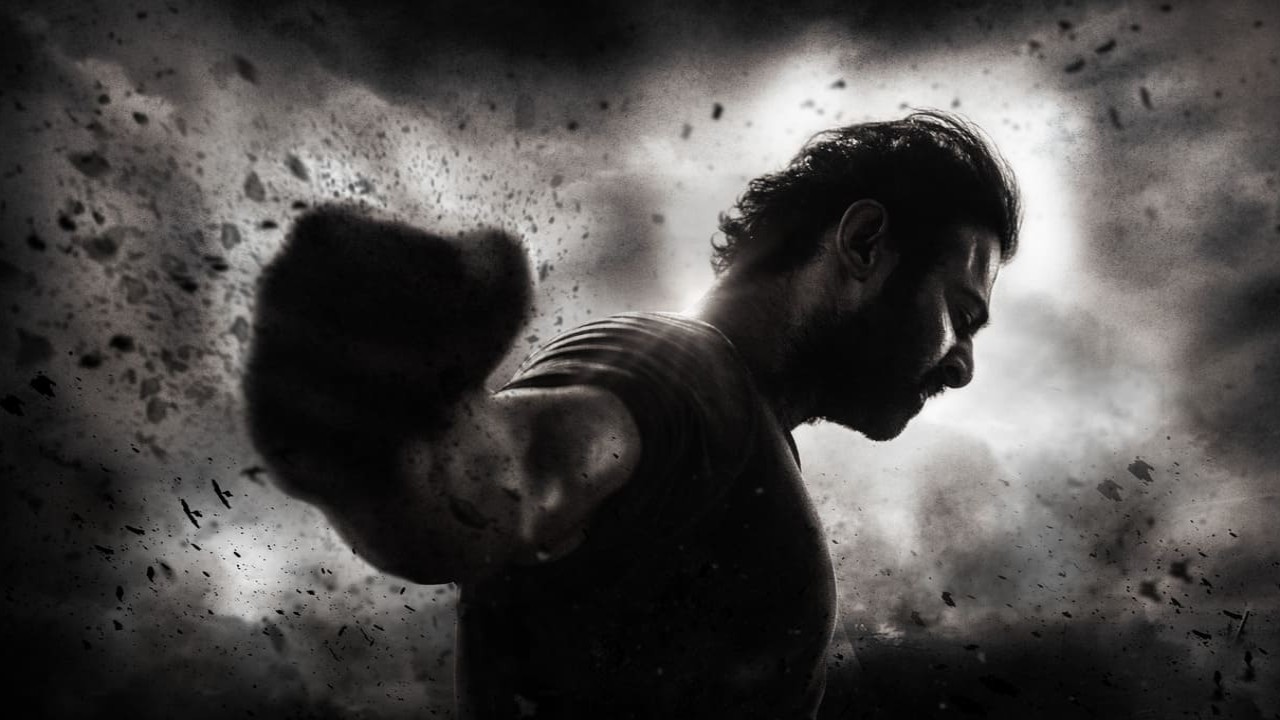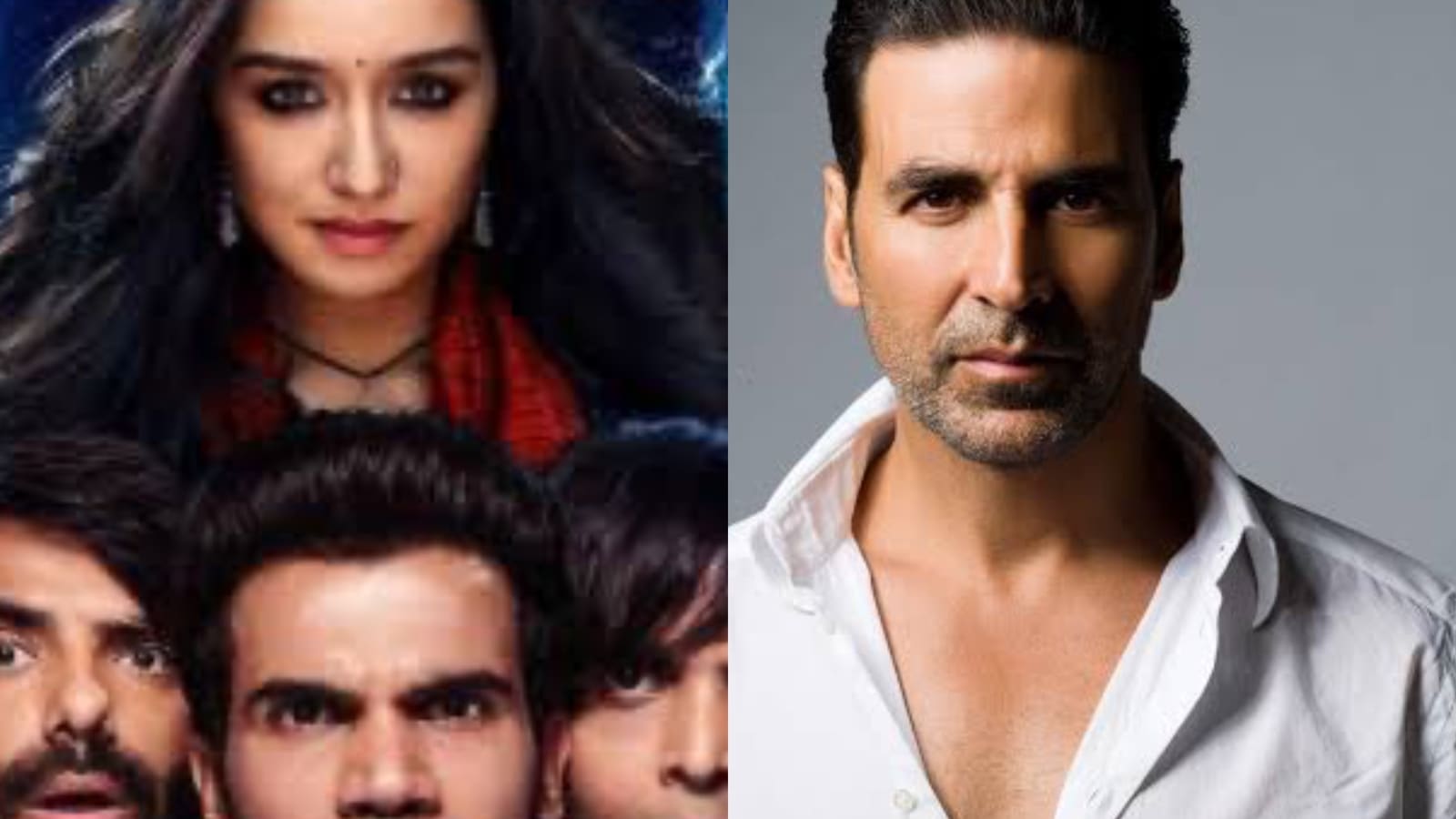Eric Bischoff's Return to WWE: A Tale of Unfulfilled Expectations and Cultural Dissonance
In the annals of professional wrestling, Eric Bischoff's legacy is indelibly inscribed as the visionary who orchestrated the Monday Night Wars, a fierce rivalry between WCW and WWE that captivated audiences in the late 1990s and early 2000s. His subsequent tenure as General Manager of WWE's flagship program, Monday Night RAW, from 2002 to 2005, cemented his status as a master storyteller, responsible for some of the most memorable storylines and character arcs in wrestling history.
When Bischoff made a triumphant return to WWE in 2019, alongside John Laurinaitis and William Regal at the 25th anniversary of Monday Night RAW, the crowd erupted in thunderous applause. It was a testament to his enduring popularity and the widespread belief that he could once again work his creative magic within the WWE landscape.
Vince McMahon, the enigmatic mastermind behind WWE, had extended an invitation to Bischoff to oversee the creative team of SmackDown, with the expectation that he would inject the same creative spark that had defined his previous stint with the company. However, Bischoff's second WWE chapter would prove to be a far more challenging experience than he had anticipated.
In a recent interview, Bischoff candidly reflected on his second tenure with WWE, acknowledging that things had drastically changed since his departure in 2005. The once-familiar WWE culture had evolved into a more structured and less collaborative environment, which proved to be a significant obstacle for Bischoff, who had always thrived on creative freedom and innovation.
Bischoff admitted that he struggled to adapt to the new WWE system, particularly the frenetic pace and the lack of opportunity to develop and execute long-term storylines. He had envisioned implementing a formulaic approach to storytelling, building towards major pay-per-view events, but found that such a concept was not feasible in the current WWE landscape.
Despite his best efforts to implement his creative vision, Bischoff's ideas were met with resistance. He felt that he was not given the necessary autonomy to make meaningful changes, and ultimately, he decided to leave WWE within a few months.
Bischoff's departure marked the end of an era, as one of the most influential figures in professional wrestling history bowed out of the limelight. However, his legacy remains intact, as he continues to be revered by fans and industry insiders alike for his contributions to the sport.
In 2021, Bischoff's place in wrestling history was further cemented when he was inducted into the WWE Hall of Fame, a fitting tribute to a man who has left an indelible mark on the world of professional wrestling.




